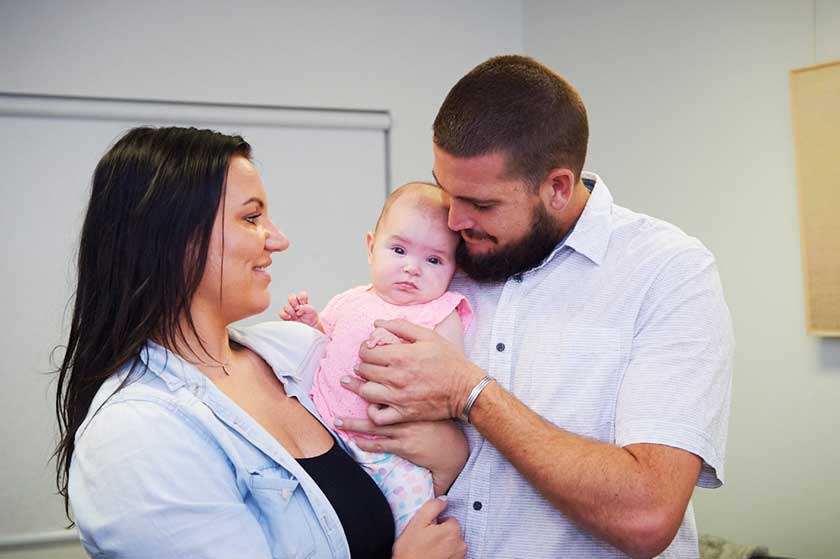The mental health of people who identify as LGBTIQQ is significantly the poorest in Australia. In fact, research shows it can affect up to 66 per cent of LGBTIQQ employees in the workplace.
Moreover, people who identify as LGBTIQQ experience difficulties with affective disorders, substance abuse and suicide.
Why does sexuality affect your mental health?
The rationale for these poor health outcomes are due to prejudice, stigma and discrimination which collectively can cause severe stress which culminates in mental health issues.
What are the statistics?
Same-sex attracted Australians have up to 14 time higher rates of suicide attempts than their heterosexual peers. Rates are six times higher for same-sex attracted young people (20 to 42 per cent, some studies cite this figure as between seven and 13 per cent).
Same sex attracted individuals are 14 times more likely to attempt suicide versus the general population.
Most worrying is that the average age of a person who identifies as LGBTIQQ first suicide attempt is at 16 years of age.
Up to 36 per cent of LGBTIQQ Australians experience major depression and anxiety disorders versus less than seven per cent of people in the general population.
It is therefore extremely important to respond early and for treatment programs to be tailored for primary intervention and hence promote well-being.
How can treatment help?
Reaching out and accessing mental health care can assist people who identity as LGBTIQQ with the necessary skills to better manage stigma in various areas of their life, such as at work or with family, where identity issues, boundary setting, relationship issues and self-care are all important.
References:
All statistics taken from Dr Ian Smith's publication: The Australian Corporate Closet; Why it’s still so full! (Smith, I. P. & McCarthy, G. (2017) The Journal of Gay and Lesbian Mental Health, Accepted author version posted online: 13 Jul 2017)








